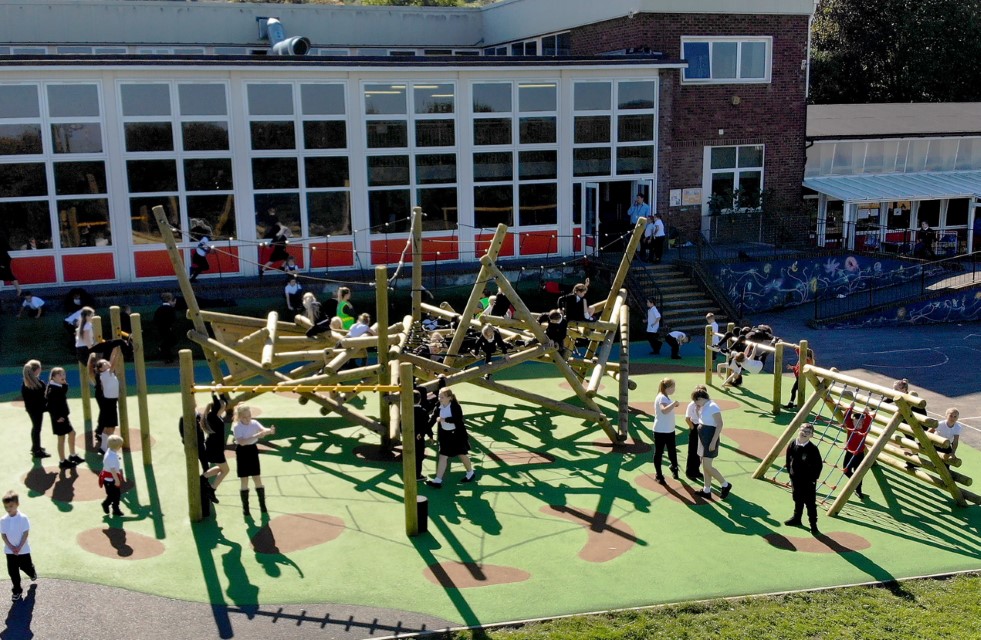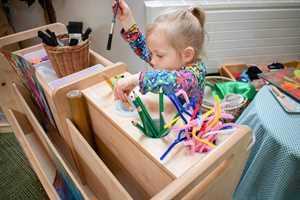Children's Health
Essential Anti Bullying UK Resources for Schools and Communities
Anti-Bullying Week 2024 will take place from Monday 11th to Friday the 15th of November, with the theme: Choose Respect. Odd Socks Day is taking place on Tuesday 12th of November, with adults and children encouraged to wear odd socks to celebrate what makes us all unique.
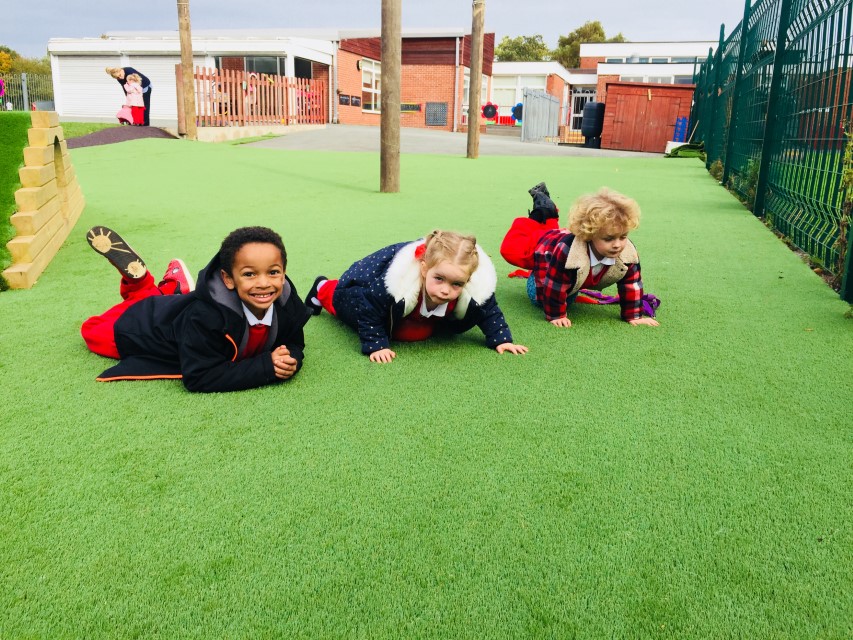
Pentagon Play want to raise awareness of the harm and hurt that bullying causes and to prevent bullying in primary schools which negatively impacts young lives.
What is Bullying?
Bullying is intentional behaviour that hurts someone else. It can happen anywhere - at school, at home or online. It is usually repeated over a long period of time and can hurt a child both physically and mentally.
Types of Bullying
The NSPCC (National Society for the Prevention of Cruelty to Children) states that bullying can take different forms including:
- Physical bullying - hitting, slapping or pushing someone
- Verbal bullying - name calling, gossiping or threatening someone
- Emotional abuse - threatening, intimidating or humiliating someone
- Exclusion - ignoring or isolating someone
- Undermining - constant criticism or spreading rumours
- Controlling or manipulative behaviour
- Online bullying - using technology to harass, threaten, embarrass or target someone
The Effects of Bullying
The damaging effects of bullying can last into adulthood.
Young people who are bullied:
- May develop mental health problems such as stress, depression and anxiety
- Have fewer friendships leading to loneliness and isolation
- Are wary and suspicious of others
- Experience feelings of rejection and poor self-esteem
- Have problems adjusting to school and may not perform as well
Strategies for Minimising Playground Bullying
When surveyed by the Anti-Bullying Alliance in 2023 almost 1 in 4 pupils (23%) report being frequently bullied in the last few weeks. In primary and secondary schools bullying is more likely to occur where adult supervision is intermittent.
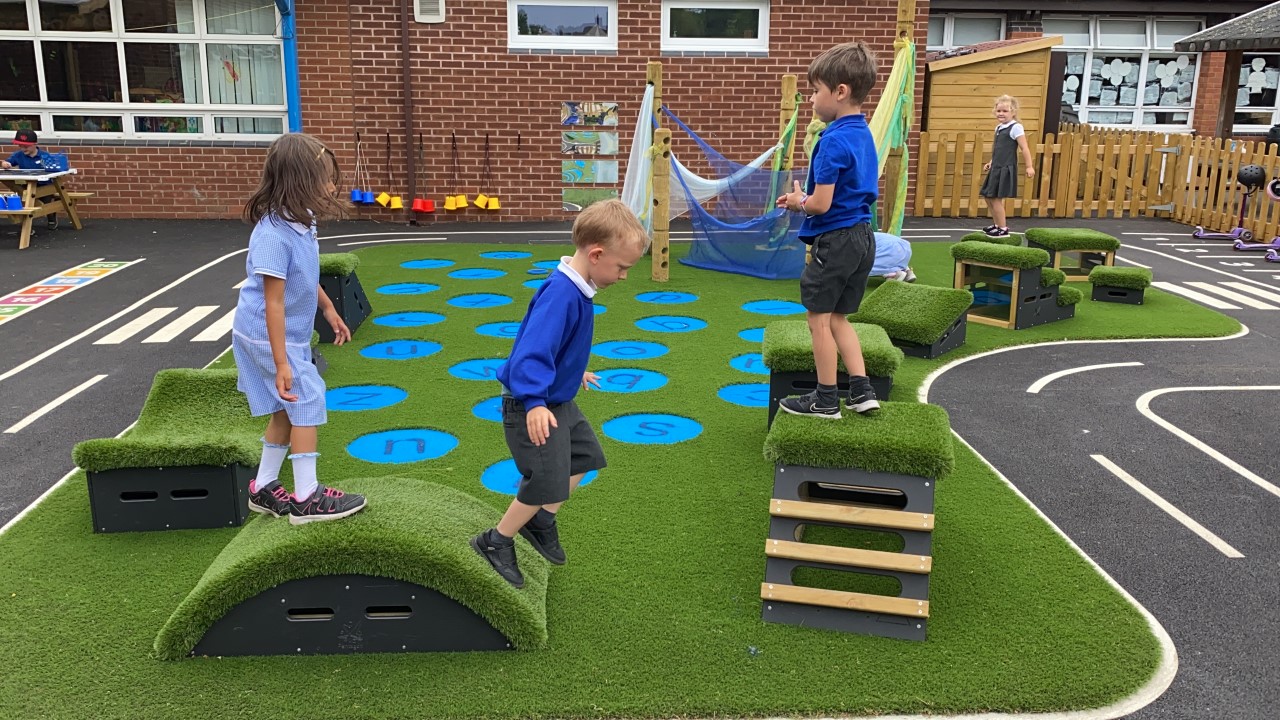
Children can spend a significant proportion of their school day on the playground therefore it is imperative to create an environment where everyone can play and feel safe.
Create a Positive Playground Behaviour Policy
A Positive Playground Behaviour Policy sets out clear guidelines for pupils behaviour during break and lunchtimes. A policy should clearly state playground culture and rules and pupils, teachers and lunchtime supervisors should be made aware of rewards and sanctions.
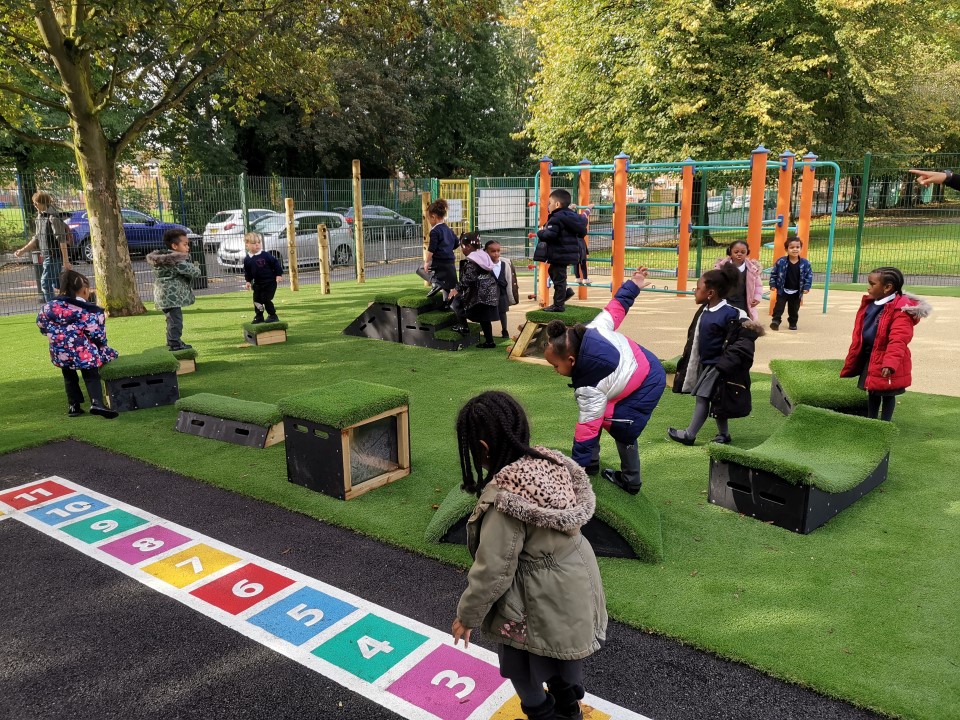
Playground rules should be clearly displayed outside to be referred to by children and staff.
Support Students to Develop Conflict Resolution Skills
PSHE lessons should support and empower children to recognise their emotions and name their feelings. Young people can develop a range of tools in order to self-regulate and to communicate their feelings to others such as 'I felt sad when you said...'
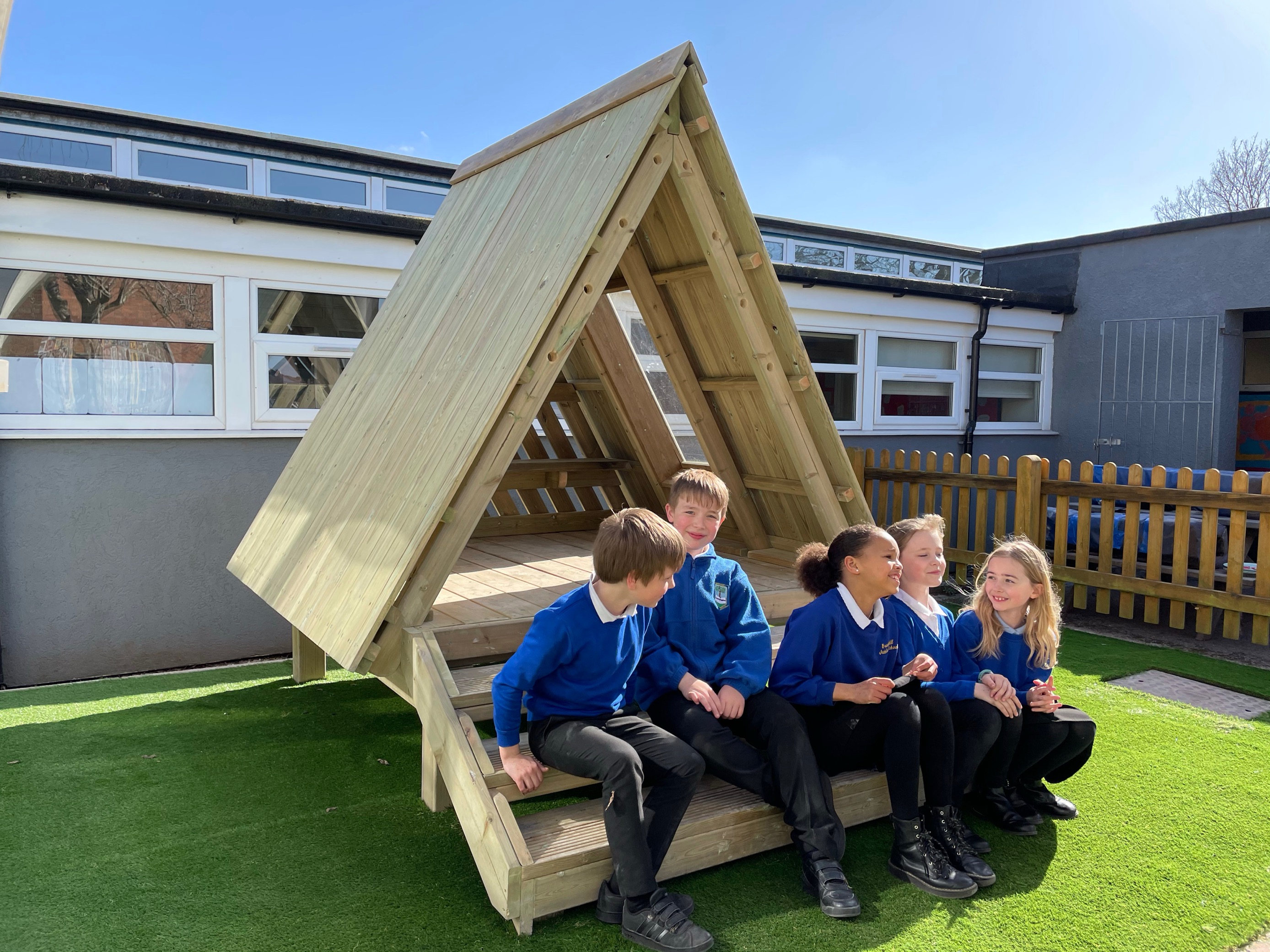
Teachers need to model skills to their classes so that students know the steps needed to begin to solve a problem. Pupils will learn to be able to reflect on their behaviour and to make good choices.
Create a Listening and Caring Ethos
All children should feel confident enough to openly talk about bullying and to report incidents to a trusted member of staff. All incidents should be quickly investigated, dealt with and monitored.
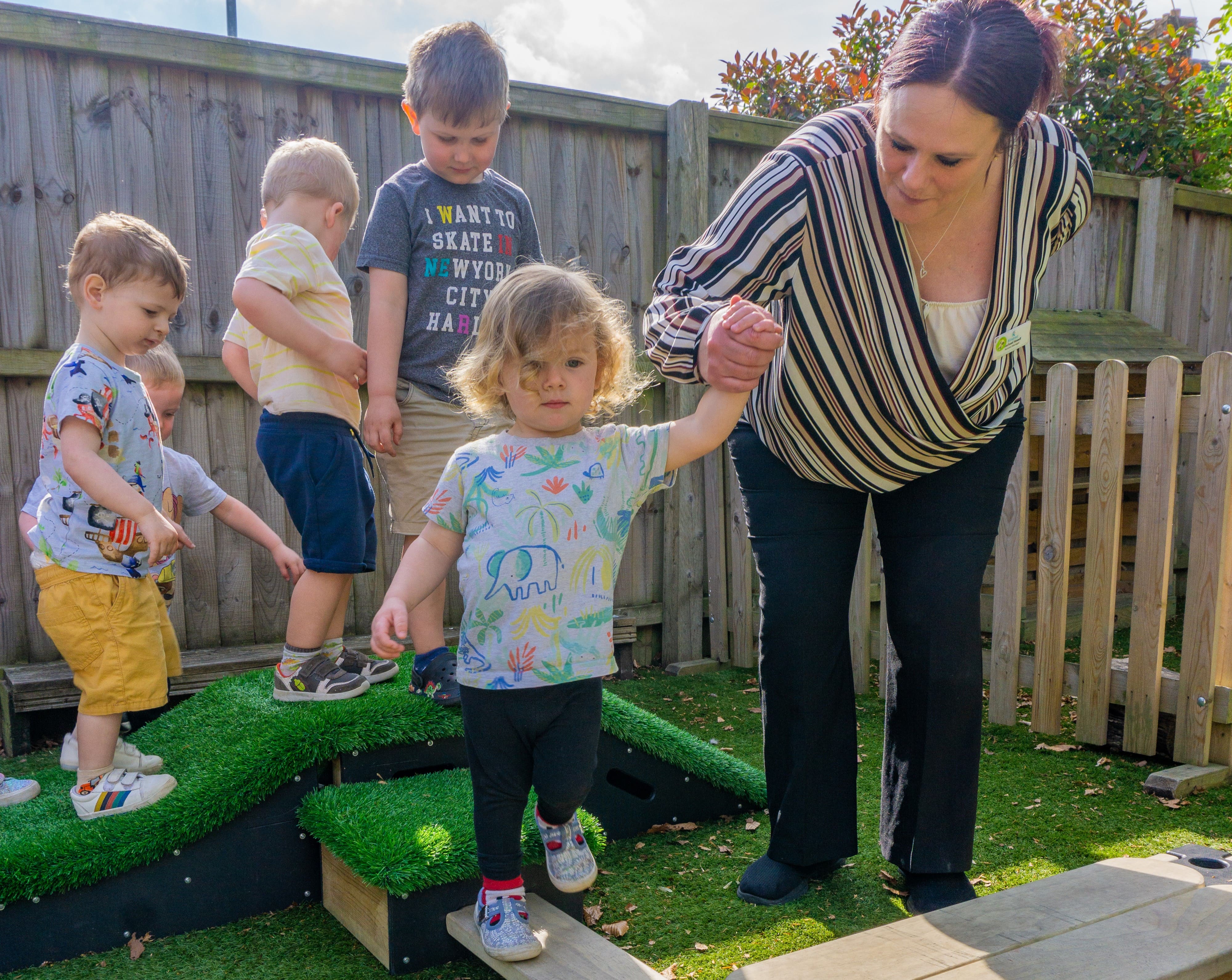
Young people should be encouraged to discuss any problems with school staff who demonstrate a listening and caring ethos and adopt a problem solving approach.
Introduce Play Leaders
Primary school pupils (older children - year 6) can undertake training to become Play Leaders. Play Leaders learn how to lead games and activities which develop positive playtime relationships and experiences.
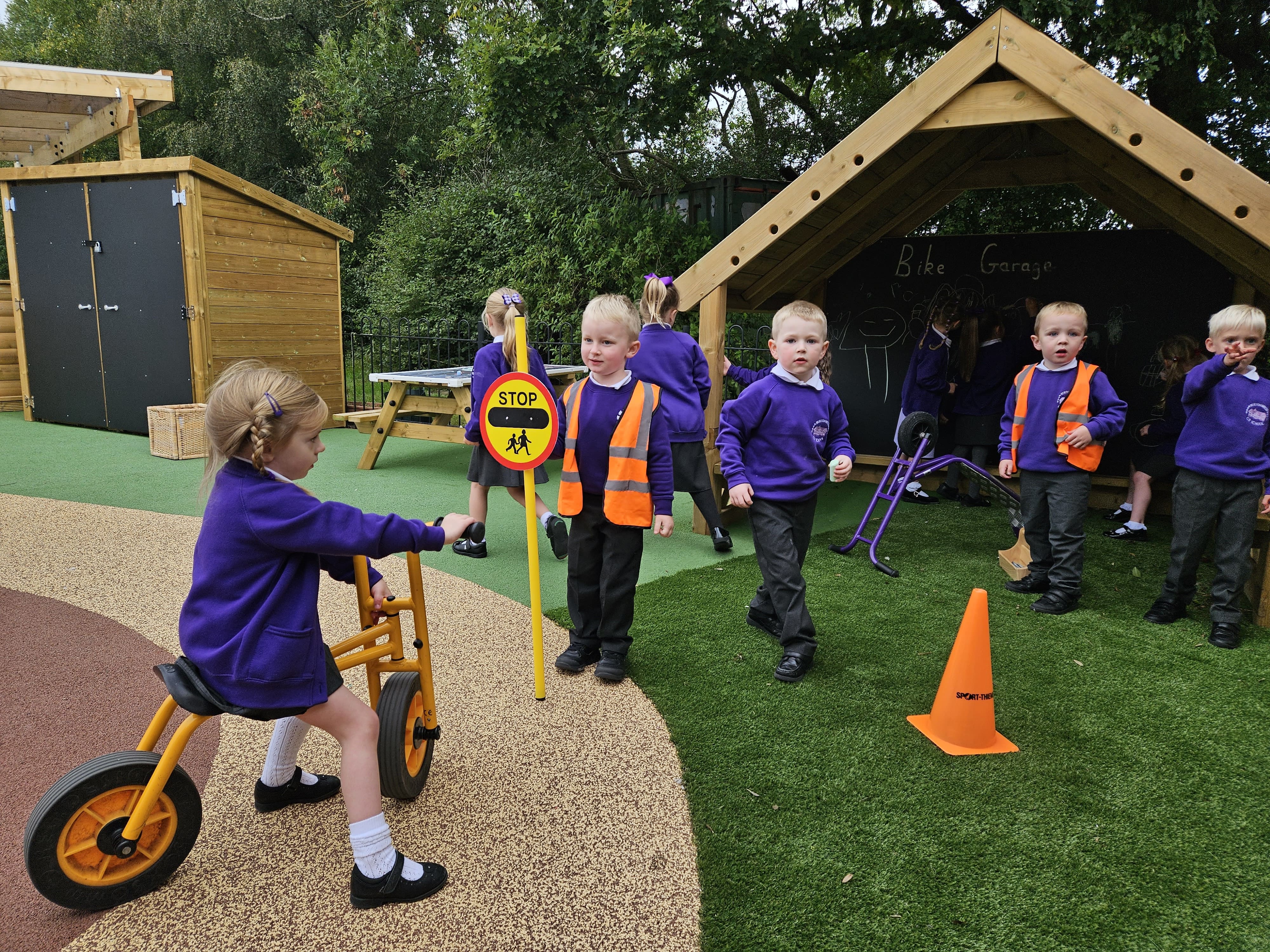
Leaders display problem solving skills needed to tackle and resolve problems, they can encourage particular children to join in games and to extend their friendships.
Consider how a Playground Environment could be Improved
Work together with pupils to consider how to make their playground safer, more secure and more easily supervised.
Consider creating different playground zones such as: a MUGA (Multi Use Games Area) for sports, a quiet reading or games zone, a musical zone and a physical play area. Surfacing and Landscaping options such as Aritificial Grass can help to create calm, quiet spaces and low fencing options offer good visibility.
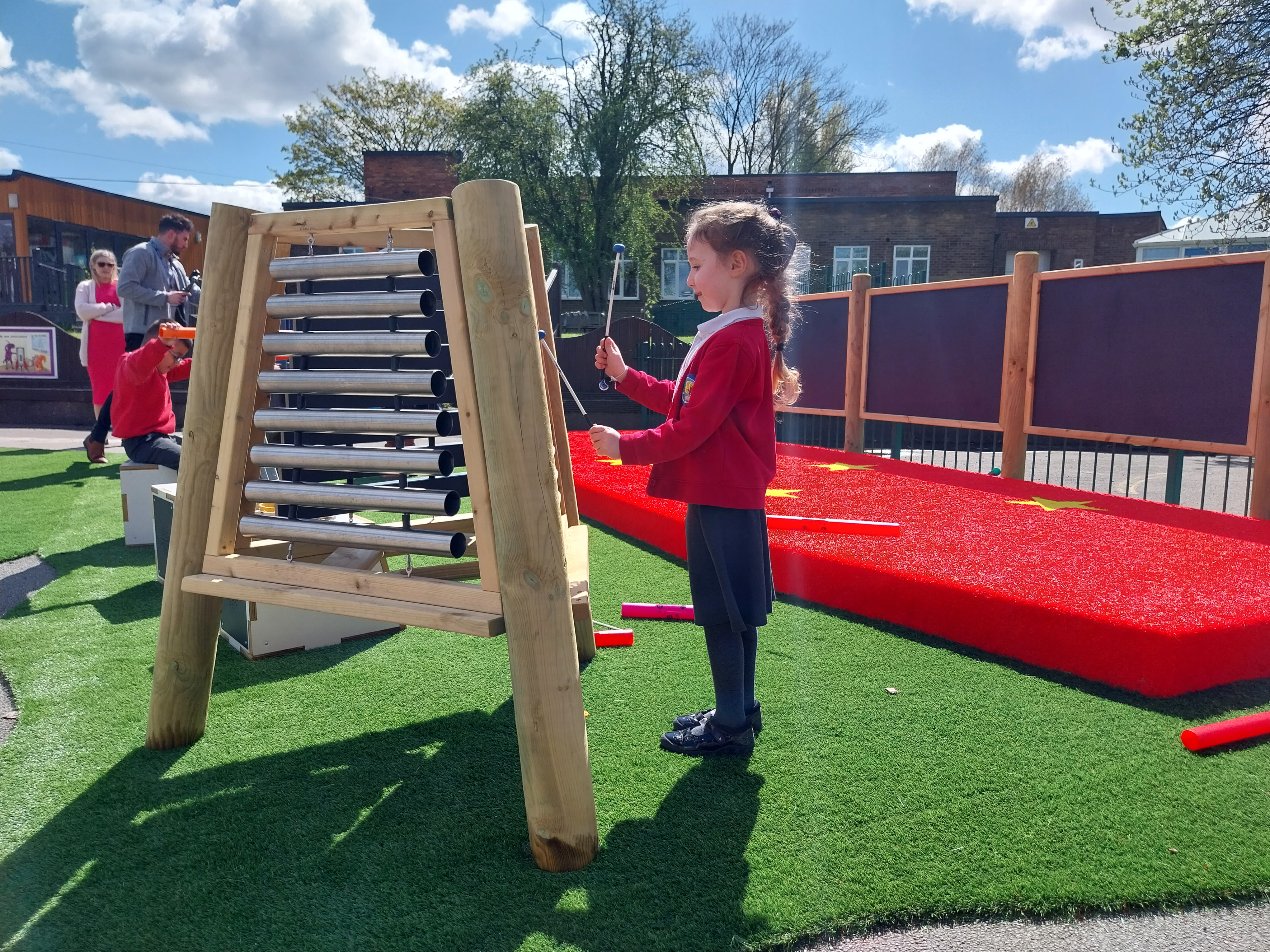
A 'safe zone' may contain a sensory seating area where children can sit if they need some space or the company of a teacher.
Playground equipment which encourages children to work together may help young people to socialise and build friendships. Imaginative games and role play requires children to cooperate, agree on rules and support each other.
Bullying has no Place on the Playground or Anywhere
All children have the right to play in a safe and secure playground environment. Anti Bullying Week may encourage students to speak out if they feel that they have a problem relating to bullying behaviour on the playground. Pupils should be reassured that they will always be listened to and taken seriously. All bullying is unacceptable and should not be tolerated.
